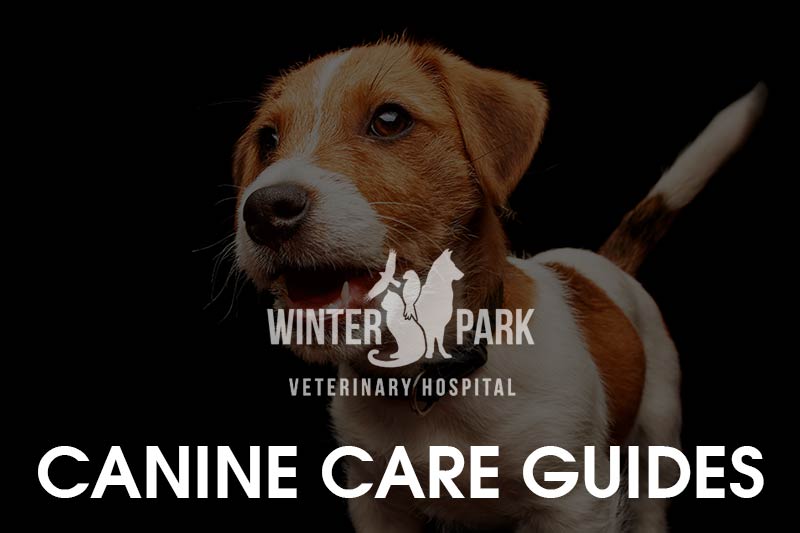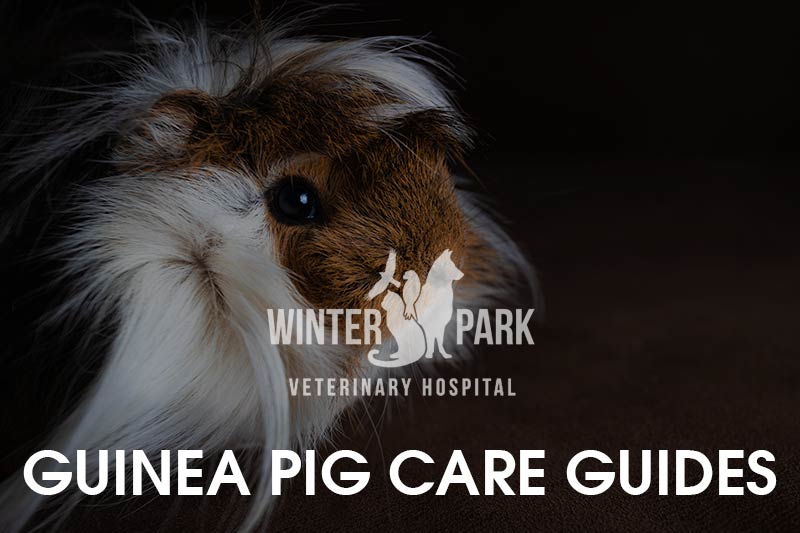Ferret Disease and Conditions Requiring Veterinary Care
Download Ferret Disease Care Guide – PDF
Canine Distemper
Ferrets are highly susceptible to canine distemper. Infected ferrets have 100% mortality. Prevention is the key, as treatment is useless. Vaccination beginning at 4 to 6 weeks of age for kits from unvaccinated jills, or at 6 to 8 weeks, for kits from vaccinated jills, plus a booster at 3 week intervals and yearly revaccination is necessary.
Symptoms: Poor appetite; a thick, pus-laden discharge from the eyes and nostrils; thickened foot pads; rash in the groin and under the chin. Death is 3 ½ weeks following exposure.
Rabies
Ferrets are susceptible to rabies virus and can pass on the disease to other pets and humans. Vaccination is the key to prevention. Rabies vaccine can be given at 4 months of age and once yearly thereafter. Although rabies is rare, many local and state governments require this vaccine.
ECE (Epizootic Catarrhal Enteritis)
This is a highly contagious and very serious disease. Ferrets are highly susceptible to ECE. This disease has been identified as a corona virus. It is spread from ferret to ferret by clothing, cages or fecal matter. There is not a vaccine for this virus, but prevention is the key. Keep your ferret away from pet stores or ferret shows.
Symptoms: Poor appetite, greenish-yellowish foul smelling stools, weight loss, vomiting, dehydration.
Influenza
Several strains of human influenza can infect pet ferrets. The symptoms mimic Canine Distemper (fever, listlessness, nasal discharge, sneezing). Supportive care is necessary, with recovery taking about 5 days. Often, bacterial infections can complicate the influenza. Antibiotics may be used to prevent this.
Parasites
Most of external parasites that infest dogs and cats (fleas, mange mites, ear mites) also infest pet ferrets. Most flea products intended for use on kittens can be used on ferrets. However, dips and flea collars are not safe for use on ferrets and can cause serious illness and death. Intestinal parasites such as Coccidia and Giardia (protozoans) are not common in ferrets. Even less common are the typical worm-like parasites (hookworms, roundworms) of dogs and cats. Yearly fecal examination at the time of vaccination is recommended to detect these parasites.
Ringworm
The fungal disease, ringworm, has been reported in ferrets and may be transmitted by infected cats. The ringworm lesions appear as reddened sometimes hairless and crusty areas of the skin. Left untreated, the lesions can become widespread and the fungus can be transmitted to other pets and humans.
Heartworm Disease
Heartworm disease is common (even rampant) in Florida. Most ferrets have little exposure to the infectious mosquitoes that carry the disease, but infection is possible. Prevention in the form of a monthly drug is available. This is becoming more common in ferrets, and can cause serious illness and shorten the ferret’s life.
Bacterial Infection
Botulism, Tuberculosis, Dysentery and Abscesses from bite wounds or other injuries are all possible in ferrets. Antibiotics frequently are curative, but Abscesses may require lancing and draining for best results.
Heat Stroke
Ferrets lack sweat glands and are, therefore, at risk in high temperatures. Temperatures above 90°F are the most dangerous, especially if water is not available. When traveling with your ferret, do not leave it in the car unattended. The high temperatures that build within a can be lethal even if the exposure time is short. Misting your ferret with cool water is a good way to help them to beat the heat.
Cardiomyopathy
Cardiomyopaathy is a heart disease seen in dogs, cats, and ferrets. The exact cause is unknown. The walls of the heart become thickened, reducing the bility of the heart to pump a sufficient blood supply through the body. Most effected ferrets are males over 3 years of age.
Symptoms: lack of appetite, fatigue, increased periods of sleep, intolerance to exercise, fainting, shortness of breath, swelling of the abdomen, blue or grey gum color.
Foreign Body Ingestion (Obstructions)
Ferrets are notorious for eating rubber and other dangerous items. This is usually an emergency. Ferrets also get hairballs like cats. They do not cough them up though and will become lodged in their intestinal tract. It is recommended to give your ferret a hairball preventive every few days to prevent this.
Symptoms: Lethargy, small pencil-like stools or no stool, vomiting (rare), lack of appetite, partially eaten toys or rubber.
Neoplasia (Cancer)
Insulin-secreting tumors are very common in older ferrets. These tumors cause low blood glucose (sugar), producing weakness, depression, drooling, fainting, behavior changes and seizures.
Lymphosarcoma is another common cancer of ferrets, affecting the lymphatic system. Symptoms include anorexia, weight loss and lethargy. In some cases, aggressive chemotherapy may be effective, but the prognosis is often grave.
Adrenal tumors are very common in ferret over 3 years of age. This kind of cancer can affect one or both of the adrenal glands. Signs of adrenal cancer are hair-loss, a swollen vulva in the female, difficulty urinating in the male, and progresses to muscle wasting and anemia. Surgery is the treatment of choice. We have additional handouts available on many of the above diseases.








